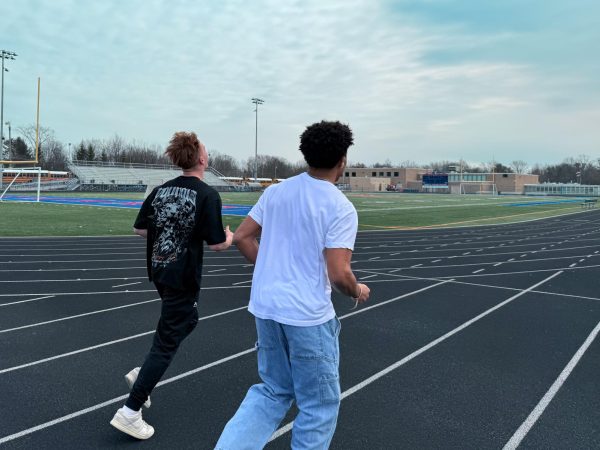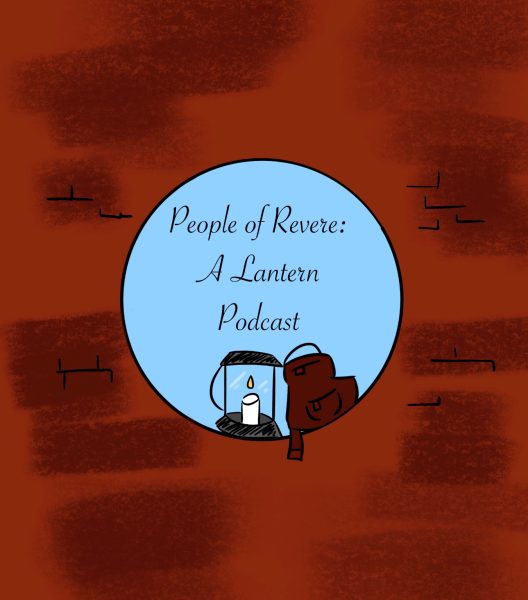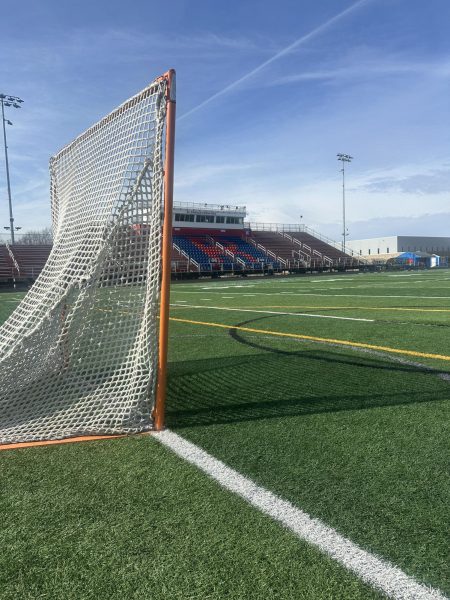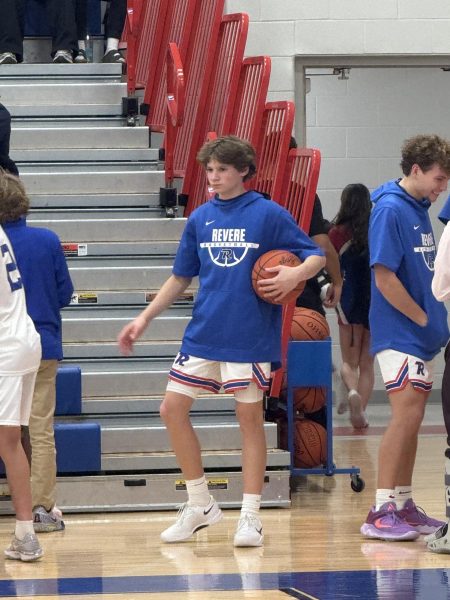Dated NCAA rules pose questions of credibility

As men in leather helmets carried the football down the field, they had no intention of creating a revolution that would be broadcasted all over America’s television screens. The men of the Rutgers’, Princeton’s, Yale’s, Columbia’s, Harvard’s, and Stevens Tech’s football teams simply played for the love of the game in 1875. Back then, college players did not worry about if they could sell autographs to make a quick buck or if they could party all night without consequences. But in today’s society, we see more and more scandals appearing that beg the question if the rules of the National Collegiate Athletic Association (NCAA) are dated, just like those leather helmets.
Nowadays, it seems like nothing can go off without a scandal, and to some fans the scandals take away from the original objective of the game, which is simply a battle of talent, desire and determination.
According to ESPN, Terrelle Pryor, the former quarterback from The Ohio State University, sold many of his possessions including championship rings, jerseys and awards, entailing his sportsmanship award from the 2008 Fiesta Bowl and his 2008 Big Ten championship ring. Pryor also received benefits from a tattoo parlor, allowing him to earn free or cut-rate tattoos because of his status in the Big Ten. However, this is not the first scandal yielding profits for a college player that the NCAA has seen. Earlier this year, Johnny Manziel, Texas A&M’s quarterback, allegedly sold some of his autographs, earning him a half game suspension against Rice. Pryor was also suspended but for the first five games of the 2011 season.
Sports Illustrated stated that there was basically no evidence that Johnny Manziel received money, though, for his autographs. The NCAA just said that he violated the rule 12.5.2.2 which states, “If a student athlete’s name or picture appears on commercial items or is used to promote a commercial product sold by an individual or agency without the student-athlete’s knowledge or permission, the student-athlete is required to take steps to stop such an activity in order to retain his or her eligibility for intercollegiate athletics.” Now, since the NCAA claimed Manziel broke this rule, a two quarter suspension is the precedent for any other college athlete that sells autographs in the future. Therefore, the NCAA just established the penalty for this situation in permanent ink.
With the multiple infractions committed by college players, you would think the NCAA would reevaluate some of its policies before every player becomes ineligible to play, leaving college football nonexistent. But, the need for updated rules has to emerge from the changing society not just from certain instances that arise, such as Manziel’s case. If Davante Adams from the Georgia Bulldogs was an artist and sold his paintings in college while playing college football, would the NCAA suddenly create a law for college football players who have a softer, creative side?
In regard to athletes being paid for autographs, memorabilia, etc., the idea of a college athlete actually being paid is a very ignorant suggestion. The players are in college not in the National Football League (NFL). If they want to be paid for playing football as a professional, they should earn that title and possess the qualities that will make them excel at that level. Players should, however, receive other benefits for their efforts. These players are drawing in a lot of revenue for their universities, so the universities should in some way allow them to acquire something in exchange for this.
The NCAA needs to come to the realization that we live in a different society, and some of the rules that were valid back in the 19th century simply cannot and do not apply to the 21st century. If they did, methinks that at any hand thou would hath trouble reading.







